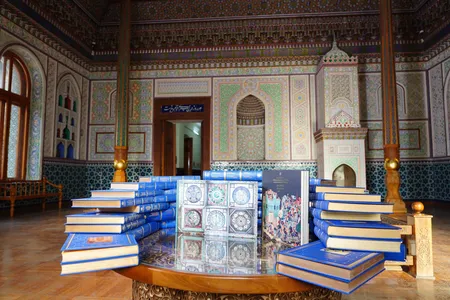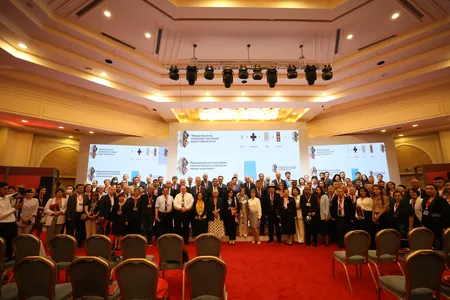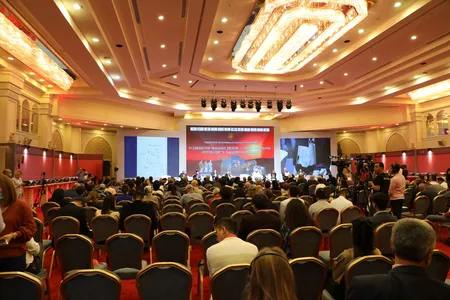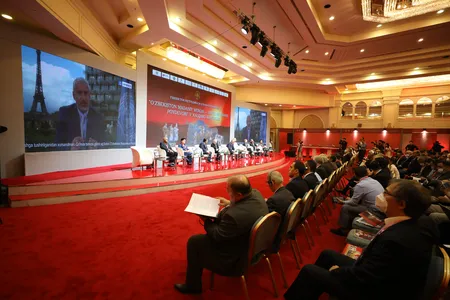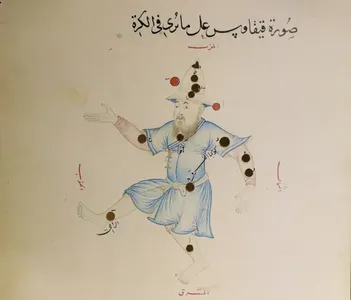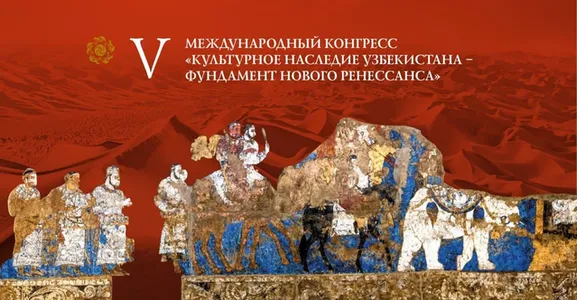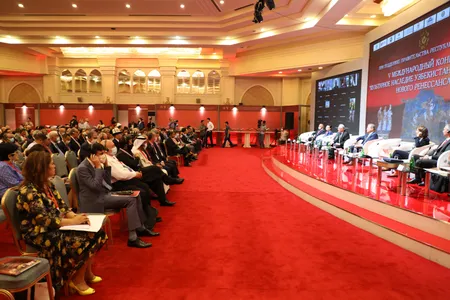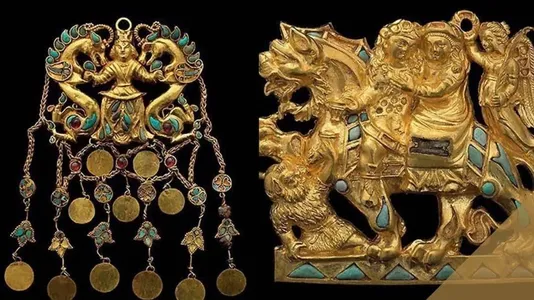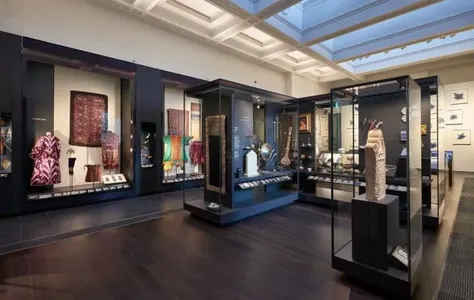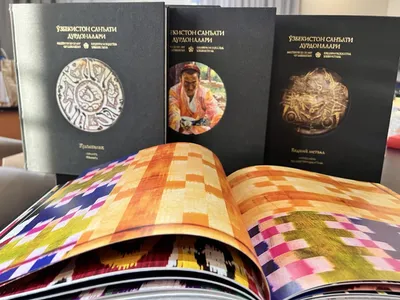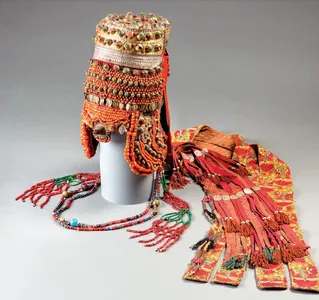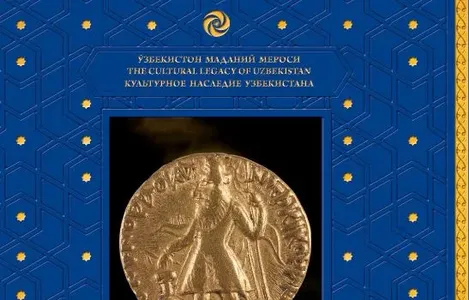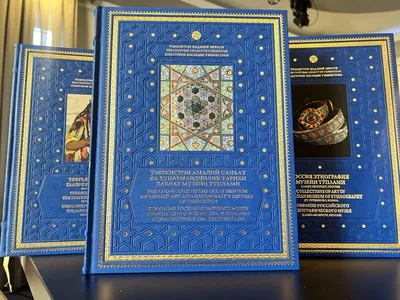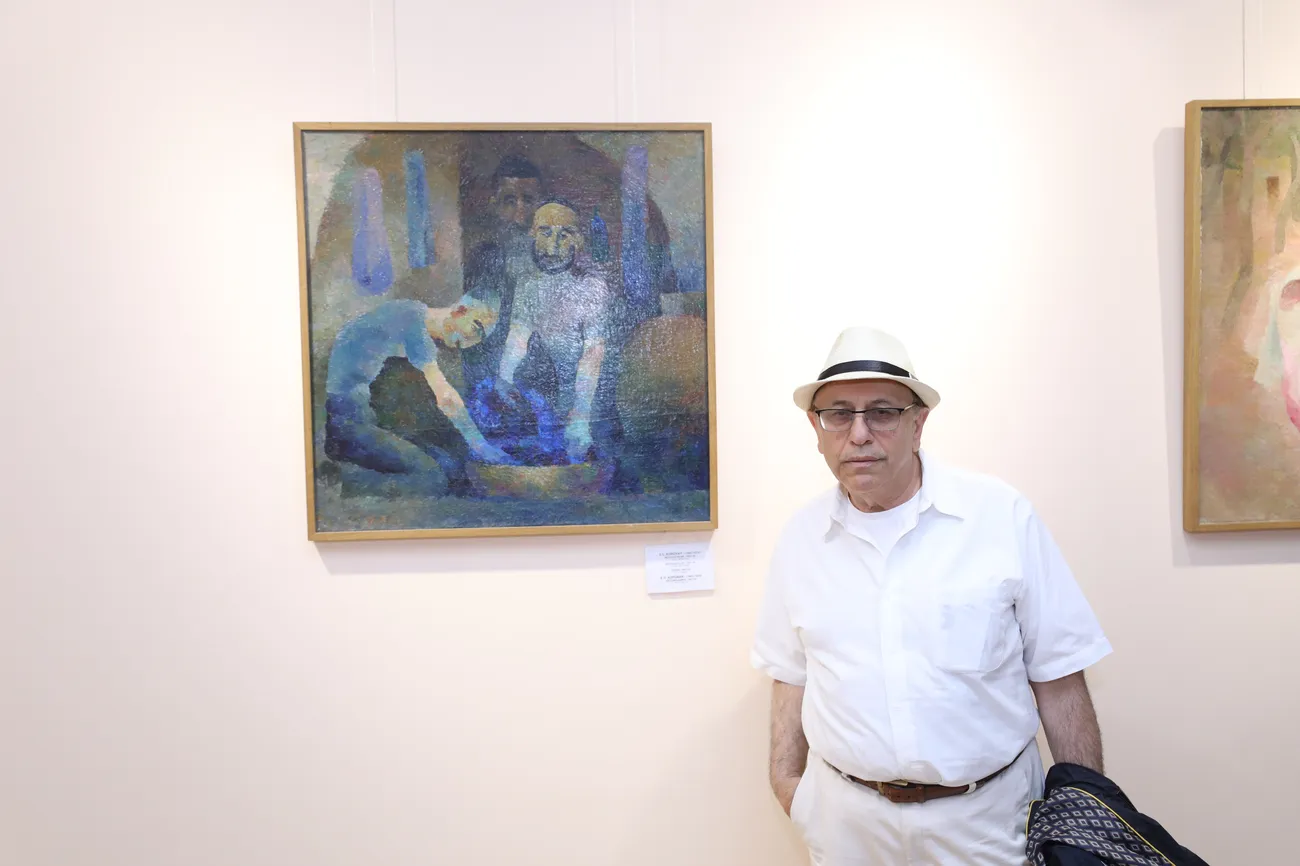
As part of the Cultural Heritage Week, Tashkent hosted the 5th anniversary Congress of the World Society for the Study, Preservation and Promotion of the Cultural Legacy of Uzbekistan.
It was attended by about 350 scientists and experts from more than 40 countries of the world as well as from our country. Those are leading Orientalists, experts in Qur'anic studies, researchers, manuscripts and miniatures specialists, journalists, etc.
Some of them are already regular guests of the Congress, while some are attending it for the first time.
Rafael Nektalov, editor-in-chief of The Bukharian Times, shared his impressions.
- I myself am from Samarkand, though since 1993 I have been living in New York. This is the first time I am attending such a Congress. And I'm fascinated by it so much. I am very glad that the country has seriously turned towards culture and this cultural segment is now determining the revival of the nation. I share the opinion of those ideologues who called it the Renaissance, because it's really the correct definition for returning to the origins. And there is a reason to think so, because there’s been a very difficult history of the people, and today we need to take stock and for this we need such a challenge: to say that we have turned towards culture, we are moving forward and this project is doing exactly that. For me, what I see here is very valuable, such a holistic approach to culture, the culturological nature of the entire project, the feeling, understanding and knowledge that nothing should be missed.
And I would like to stress that it is precisely these such projects that put the idea of reviving the cultural heritage on the national level, and this project Cultural Legacy of Uzbekistan has united many scientists, people of art from all over the world.
At this congress, I will make two reports - the first is related to the work of the wonderful artist Elena Karavayeva, and the second is devoted to how the Jewish quarters of Samarkand can be turned into tourist areas so that they become attractive, because in many cities of the world there are no Jews, but there are museums, streets related to them and they are attractive for tourists.

